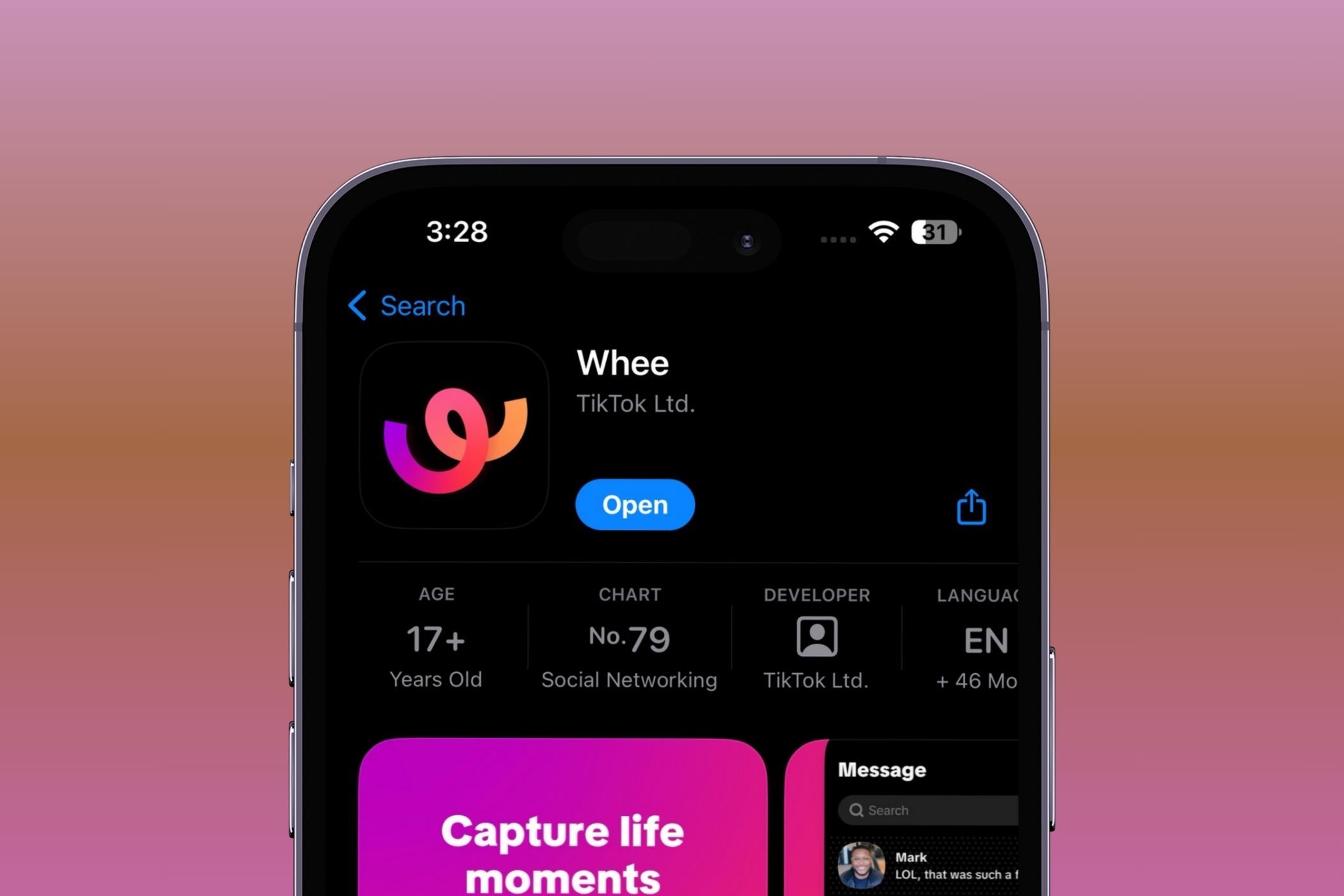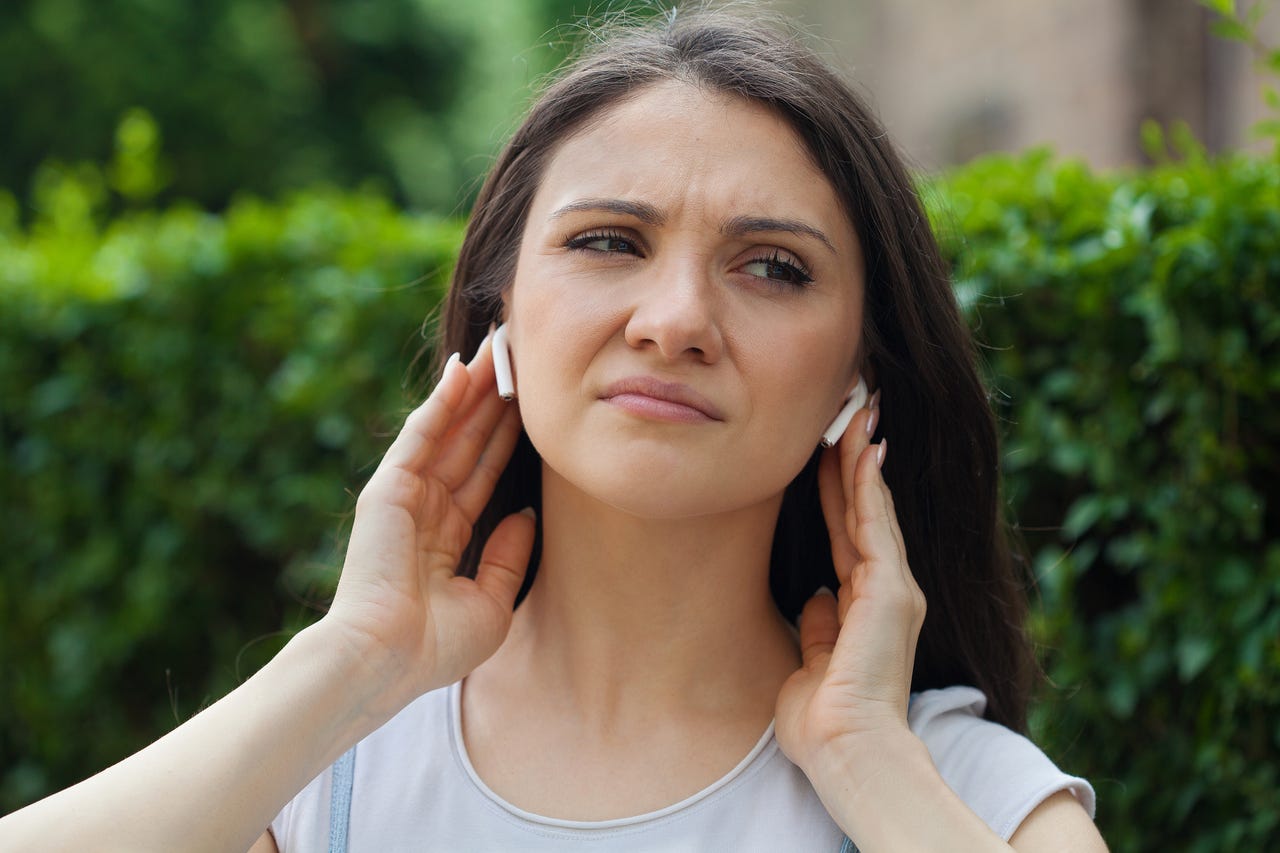
How Apple's Recent Payout Resolves Long-Standing MacBook Dispute: Unveiling the Details of the Class Action Deal - GadgetDigest

Understanding the Truth About Lossless Sound Quality in Today’s Earphones - Unveiling the Facts

Elisaveta Ivanova/Getty Images
I recently had a conversation with a gentleman who’d worked for Qualcomm for many years. That discussion centered around lossless audio and it changed the way I look at audio on mobile devices.
The conversation was sparked by his reading my review of the Creative Aurvana Ace 2 headphones . I felt the sound of those earbuds was game-changing but he was quick to point out that I hadn’t heard them at their best.
Also: The best Android phones that we tested this year (including foldables)
I thought, “What? I’m listening to them via my Pixel 8 Pro ! Surely, that phone is capable of…” Then I remembered: Google had yet to release the patch that would enable lossless audio. You see, the earbuds support AptX Lossless, so (in theory) when Google releases that patch, I’ll be able to hear the glory of lossless through those earbuds.
Not so fast.
You see, the Pixel 8 Pro doesn’t support the AptX encoder and simply applying a patch to the OS won’t change that. Why? It doesn’t have the necessary Qualcomm platform (Snapdragon 8xx). In fact, the Pixel 8 Pro patch will only support lossless audio via USB-wired headphones and speakers. The same holds for the iPhone.
Newsletters
ZDNET Tech Today
ZDNET’s Tech Today newsletter is a daily briefing of the newest, most talked about stories, five days a week.
Subscribe
The truth is, although 45 phones support AptX lossless via Bluetooth, you won’t find a single Google, Apple, or Samsung device on that list . You will find phones by Vivo, Nubia, Moto, ASUS, Sony, and Sharp.
For me, the confusing part of this whole equation is: Why would a company create a new protocol when the major phone manufacturers aren’t supporting it? And why would a company create a new pair of earbuds when the phones that could take advantage of one of its best-selling points aren’t on the minds of consumers?
Also: The best earbuds you can buy: Sony, Apple, and more compared
The complexity of lossless
Lossless audio isn’t exactly a pedestrian topic. It’s quite complex and it all boils down to how Bluetooth connections don’t have the bandwidth to stream lossless audio. You see, lossless audio requires serious bandwidth and a specific codec to work and Bluetooth simply cannot handle it. Up until AptX, all Bluetooth codecs are lossy, and no matter how good your Bluetooth earbuds sound (even the Denon PerL Pros , which I still love), they aren’t delivering lossless audio.
I even tested the Creative Aurvana Ace 2 on my MacPro M1 (which does support lossless), only to discover that it – like the iPhone – does not support lossless over Bluetooth. It was even suggested that I try the Creative BT-W5 USB dongle , but… guess what? Although it supports AptX, it doesn’t support lossless. So hearing the added glory of those Creative earbuds has, to this day, eluded me.
Also: The top wireless earbuds: Does anything beat AirPods Pro 2?
This is a big problem with the mobile industry – nothing seems to want to play well together. Every major company creates something consumers want, only to find out that it won’t work with their phone, tablet, laptop, codec, etc.
It’s great that Creative has created such a bang-on winner with the Aurvana Ace 2 earbuds but it would certainly be nice to hear them as they were meant to be heard. And I’m not about to start purchasing a different phone for every use case: A Google Pixel 8 Pro for photos, an iPhone because it’s a status symbol, a Nubia Redmagic 9 Pro+ for lossless audio… you get the idea. I want one device that doesn’t silo itself by failing to work with the other devices I purchase. And I don’t want companies couching a new technology under the guise that it “just works.” If your fancy new thing has a super special new feature that only works with certain devices, I want you to let me know before I drop the cash for it.
Also: The best sound systems you can buy, according to experts
The mobile industry feels like a vast puzzle where some of the pieces are blank, giving us no indication as to where and how they fit into the grand picture. It’s time for a bit more transparency here. Consumers shouldn’t have to don their Sherlock Holmes caps to uncover what phones support protocol X or feature Y; my chase for lossless audio on mobile devices perfectly illustrates that issue.
It seems, in this modern era, that caveat emptor applies more than ever. When you want to purchase a new peripheral or wearable, do your research and make sure you can get the most out of that new device and your phone. But if you think you’re going to get lossless audio quality via Bluetooth with those new earbuds and your Pixel or iPhone – think again. Because it’s not going to happen.
Featured
Why I’m recommending the standard iPhone 16 over the Pro this year (and I’m not alone)
Is OneDrive messing with your files? How to get your Windows storage under control
Best early Prime Day deals under $50 to shop in October 2024
Rust in Linux now: Progress, pitfalls, and why devs and maintainers need each other
- Why I’m recommending the standard iPhone 16 over the Pro this year (and I’m not alone)
- Is OneDrive messing with your files? How to get your Windows storage under control
- Best early Prime Day deals under $50 to shop in October 2024
- Rust in Linux now: Progress, pitfalls, and why devs and maintainers need each other
Also read:
- [New] 2024 Approved The Art of Accompanying Imagery With Audio
- [New] Finding Reliable & Effective Free SRT Tools Online
- [Updated] Amplifying Your TikTok Impact Insights Into Growing Your Community for 2024
- [Updated] Expert Insight Using Live Photos Effectively
- 2024 Approved Experience Seamless Video Production Start
- Disable Your iPhone's Continuous Screen Activation: A Step-by-Step Guide
- Free Viewing Options: The Leading Sports Streaming Services of 2024 Unveiled
- Is the Gaming World Bracing for Higher Chip Costs?
- Navigating Through Digital Dead Ends: How to Solve a 404 Page Miss
- Preserving Digital Footprints: Your Complete Guide to the Wayback Machine
- Reliving the Good Old Days: The Unforgettable Aspects of Dial-Up Connections
- Step-by-Step Fixes for iPhone Remote Application Errors and Bugs
- Taking a Bath with Quartz Crystals | Free Book
- Troubleshooting Hulu's Error Code RUNUNK13 for Smooth Viewing Experience
- Ultimate Guide: Steps to Thoroughly Clean Your Mechanical Keyboard
- Title: How Apple's Recent Payout Resolves Long-Standing MacBook Dispute: Unveiling the Details of the Class Action Deal - GadgetDigest
- Author: Andrew
- Created at : 2024-10-30 19:09:40
- Updated at : 2024-11-05 22:09:00
- Link: https://tech-renaissance.techidaily.com/how-apples-recent-payout-resolves-long-standing-macbook-dispute-unveiling-the-details-of-the-class-action-deal-gadgetdigest/
- License: This work is licensed under CC BY-NC-SA 4.0.